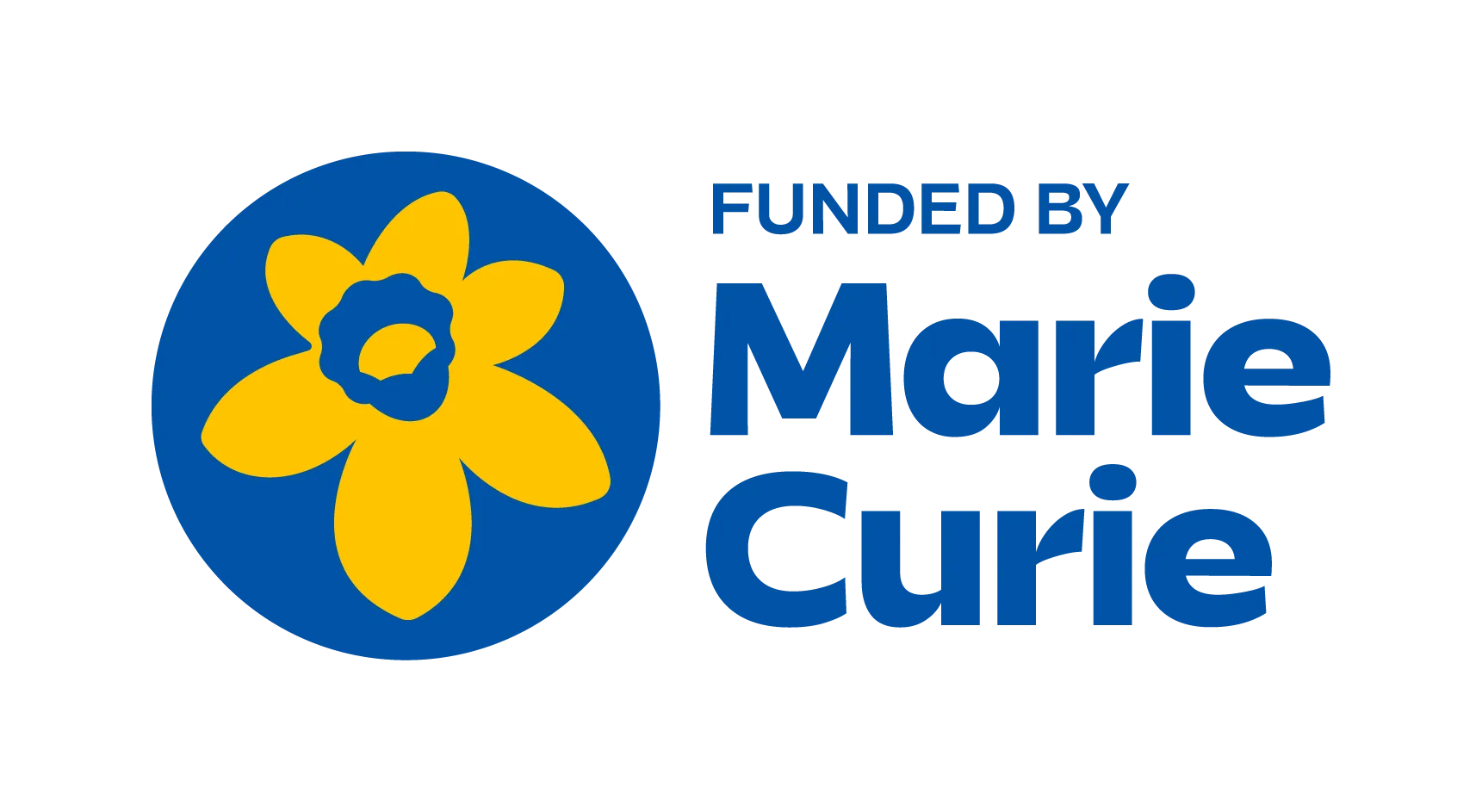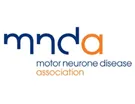Virtual Peer-to-Peer Support for Informal Caregivers of Individuals with Motor Neurone Disease at Risk of Becoming or Currently Technology-Dependent

This is a non-commercial randomised controlled trial that aims to determine the efficacy of a 12-week virtual peer-to-peer support programme on informal caregiver psychological health and caregiver burden.
Those participants randomised to the intervention arm will have access to a 12-week virtual peer-to-peer support programme.
We will collect the following caregiver outcome measures at baseline and on completion of the 12-week programme:
- Hospital Anxiety and Depression Scale (HADS)
- Positive and Negative Affect Schedule
- Zarit Burden Interview
- Pearlin Mastery Scale
- Personal Gain Scale
- Brief COPE.
In addition, we will collect the following endpoints on completion of the 12-week programme from intervention participants only:
- One item 9-point Likert on the usability of the peer-to-peer support programme host platform aTouchAway
- Usage metrics
- Semi-structured qualitative interview data on the acceptability of the peer-to-peer support programme.
Those participants randomised to the control arm will receive usual care which comprises self-directed access to the MND Association Visitors programme and MND Association educational resources via their website. Participants will be asked to complete questionnaires at baseline and at 12 weeks.
Aims
Our primary objective is to determine the effect of the virtual peer-to-peer support programme on the psychological distress of informal caregivers from baseline to completion of the 12-week programme.
Our secondary objectives are to:
- Determine the effect of the virtual peer-to-peer support programme on caregiving outcomes including burden; mastery; personal gain; and coping
- Understand how participants use the programme ie, was the intervention delivered as intended (fidelity and reach)
- Understand the perceived usability of the virtual peer support programme
- Understand the perceived acceptability of the online peer support programme.
Methods
Randomised controlled trial
Trials Design
Parallel group
Principal Investigator
Affiliations
Funding
Funding Body: Marie Curie
Amount: £271,952
Period: November 2021 - October 2025




